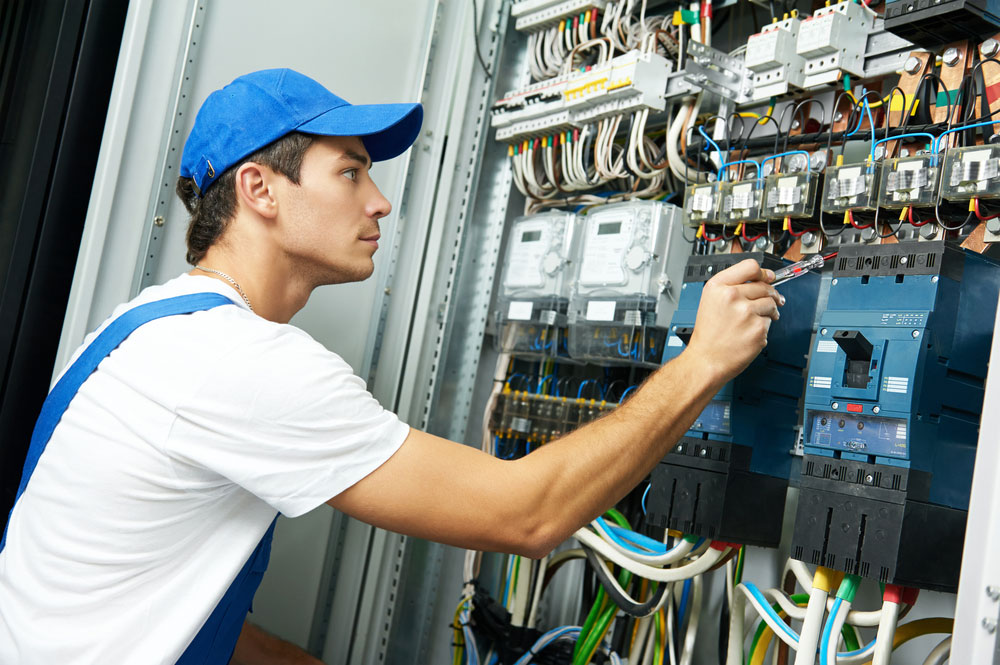Electricians Adelaide wide are often the most valuable people you’ll hire. They know how to install lighting and switch out your old wiring for something more efficient. But not all electricians deserve the position! To ensure that no one catches you unawares, ask these eight important questions before contract with him.
01. Why do you need an electrician?
There are many reasons why someone might hire an electrician. Some of these are a need for new wires, an emergency light switch, replacing or upgrading the electrical system in their home, etc. It is important that homeowners ask the electrician why they have to work and what will happen due to this work.
02. What type of electrical work do you need done?
It is important to ask an electrician what type of electrical work he does so you know if he is the right person for the job. You will likely have to take time off from work and may not be able to return for a few days or weeks. Electrician Christchurch wide should be able to answer questions like: What type of electrical work do you do? What types of materials might we need to complete this work? What are your rates?
03. How long will it take to complete?
One of the most important questions to ask a contractor before getting him on the job is how long it will take to complete. This is also an important question because a few jobs require a quick turnaround time and can be sensitive to deadlines.
04. What is your experience level?
If you hire an electrician, it is often important to find out how long he has been in the field and what experience level he has. Many people hire someone too new and inexperienced, which leads to frustration later on. Hiring someone who is experienced can save time, money, and frustration. Before you contract an electrician, it’s important to know the qualifications and certifications. You should make sure the company you choose is certified and qualified before hiring them.

05. Will this be an hourly rate or a flat rate job?
This is a question that you should ask your electrician before hiring him. It’s important to decide what you want from the job and how much time and money it will take. If your electrician offers his services at an hourly rate, then you’ll have to budget for the time it takes for him to complete the work. You should always ask an electrician if any part of your home will be damaged during the job.
06. Is there a warranty on the work done by the electrician?
Before you sign a contract with an electrician, you must ask him about the work he will be doing. What is covered? What isn’t? How long does the warranty last? Are there any hidden fees associated with the work? These are all questions that need answering to make sure you’re getting a fair deal.
07. Are there any hidden costs in your prices?
Take the time to go over your electrician’s quote with him. Make sure that you find out what other costs might be involved in completing your project. Ask if there are any hidden fees. You should also make sure that the electrician is licensed and insured. He might charge a higher fee for those services, but it will ensure that he does his job safely and does not cause any damage to your property or home.
08. Will he clean up after himself or leave messes behind?
With the rapid rise of electricians, it’s important to know what kind of work you’re getting into by asking some key questions. It will help you identify if an electrician is qualified for your project and ensures that your new hire will do a good job.
Conclusion
You should ask potential Electricians Adelaide wide many questions before you commit to working with them. Hence, you should know the type of expertise that the electrician provides. An electrician is someone who installs and repairs all types of electrical equipment, from light bulbs to circuit breakers. They can help you with your wiring needs by installing outlets and fixtures or wiring a house for electrocution prevention.








